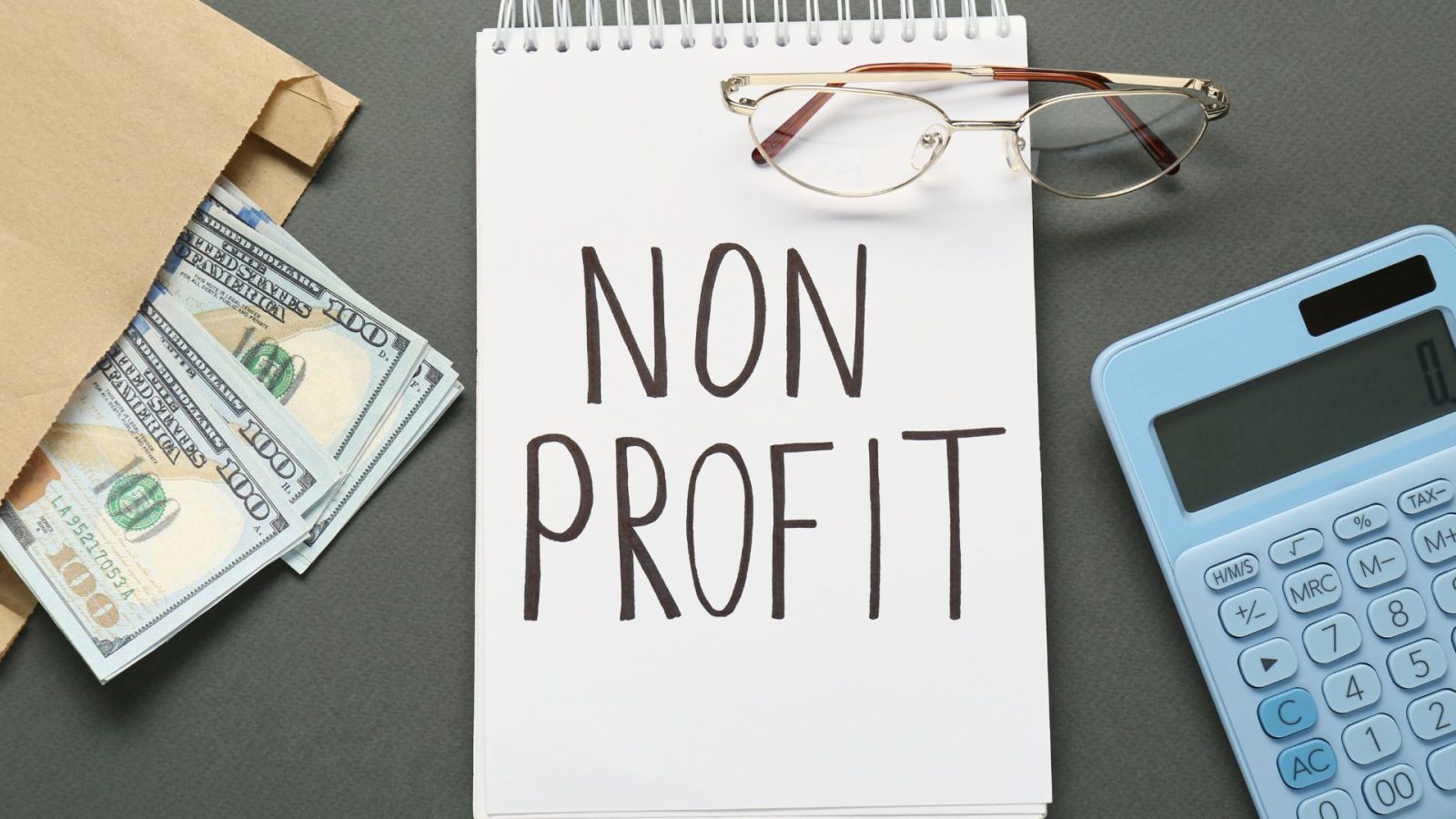When the Inflation Reduction Act (IRA) was enacted in late 2022, many tax-exempt organizations may have overlooked its potential benefits assuming it was irrelevant to them. Contrary to this belief, the IRA offers provisions that can be advantageous for tax-exempt entities. Let’s delve into the details to explore how your nonprofit can leverage these tax breaks.
Inclusion of All Tax-Exempt Entities
The Consolidated Appropriations Act of 2021 made the IRC Section 179D tax deduction for energy-efficient buildings permanent. Initially, this deduction was available to commercial and certain residential property owners, with the possibility to assign it to qualified “designers.” Unfortunately, most nonprofits were excluded from this benefit.
With the introduction of the IRA, all tax-exempt entities are now eligible to allocate their building tax deductions to qualified designers. If your organization already emphasizes energy efficiency due to its alignment with your mission or for cost-saving purposes, the Sec. 179D deduction could significantly reduce upfront costs for construction projects incorporating sustainable materials.
Qualified designers, such as architects, engineers, contractors, environmental consultants, and energy services providers, are responsible for creating technical specifications for the installation of energy-efficient commercial building property. Merely installing, repairing, or maintaining such property does not qualify for the deduction.
Understanding the Allocation Process
Let’s illustrate the allocation process with an example. Suppose your nonprofit plans to construct a 40,000 square foot, LEED-certified building, and you have $200,000 in tax deductions available for allocation to qualified professionals. You can assign the entire Sec. 179D deduction to a single designer or distribute it proportionally among multiple designers. This flexibility can facilitate better project pricing negotiations.
The exact deduction amount is determined through a Sec. 179D study conducted by the designer. A qualified contractor or professional engineer will visit your property to verify compliance with energy savings requirements. Additionally, you must sign an allocation letter detailing the cost of the energy-efficient property (including labor), the property’s service commencement date, the allocated Sec. 179D deduction amount, and a confirmation of the accuracy and completeness of the provided information.
It’s important to note that accepting payments from designers in exchange for providing an allocation letter or demanding a portion of the deduction’s value from designers is strictly prohibited.
Cash Refunds for Tax Credits
Beyond broadening the accessibility of the Sec. 179D tax deduction, the IRA permits eligible tax-exempt organizations to obtain certain tax credits as cash payments from the IRS. Traditionally, most tax credits were non-beneficial for nonprofits.
Under the “direct pay” provision, organizations can benefit from clean energy incentives associated with credits like the Investment Tax Credit, Production Tax Credit, Advanced Manufacturing Production Credit, Commercial Clean Vehicle Credit, and Alternative Fuel Vehicle Refueling Property Credit. The IRS disburses credit payments to eligible nonprofits after the filing of their annual returns.
Seek Expert Advice
For a comprehensive list of federal tax credits potentially enabling your nonprofit to receive cash payments, reach out to us at Accavallo & Company. If you’re considering a building project, consult us to determine eligibility for Sec. 179D deductions.
Our team of tax professionals is here to assist your organization in maximizing its tax benefits and ensuring compliance with the latest tax regulations. You can reach us at (203) 925-9600 or email us at [email protected].


